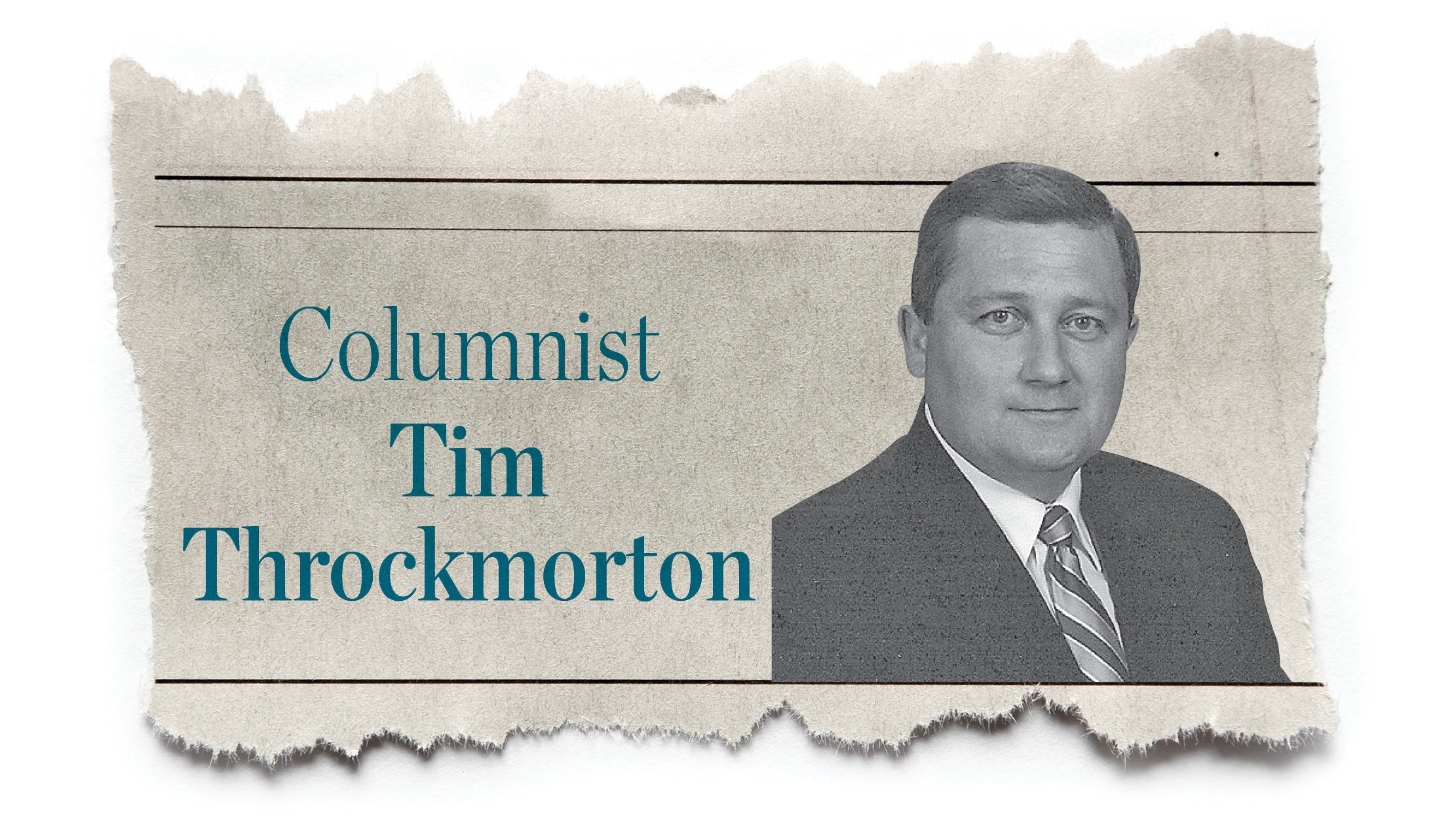The truth is the truth and nothing but the truth
Published 8:00 am Saturday, October 17, 2020
The word dogma is defined as a principle, or set of principles, laid down by an authority as incontrovertibly true.
The word rose to prominence in conversation a few years ago when a sitting United States senator applied its mantle to a United States Circuit Court nominee.
The media grabbed the narrative with vigor and quickly championed the word’s negative aspects as the new watchword for standing against a person’s inclination to believe in timeless principles that are true.
Initially, I saw this as an overreaction, but upon closer consideration it is quite revealing. I think the problem that reveals itself here is a problem with truth.
Since this will probably come up this week as Judge Amy Cony Barrett sits before the Senate House Judic-iary Comm-ittee as a nominee for the United States Supreme Court, let’s consider truth.
A common complaint against the claim of absolute truth in matters of faith and religion is that such a stance is “narrow-minded” or that it is arrogant to claim that someone is right and another person is wrong.
Many protest against truth saying it’s offensive and divisive to claim one has the truth.
Instead, the critic argues, all that matters is sincerity.
The problem with this position is that truth is immune to sincerity. The fact is that truth is unaffected by sincerity. Someone who picks up a bottle of poison and sincerely believes it is lemonade will still suffer the unfortunate effects of the poison.
Finally, truth cares nothing of desire.
A person may strongly desire that his car has not run out of gas, but if the gauge says the tank is empty and the car will not run any farther, then no desire in the world will miraculously cause the car to keep going.
As Christian apologist Ravi Zacharias puts it, “The fact is, the truth matters … especially when you’re on the receiving end of a lie… And nowhere is this more important than in the area of faith and religion. Eternity is an awfully long time to be wrong!”
Truth embraced and believed is one thing, for it can change a life setting the one embracing truth free from the bondage of the past to enjoy all the blessings the creator has planned for them.
However, truth acknowledged and ignored is another scenario altogether causing one to miss the greatest joy in this life and in the life to come.
Truth is still truth whether inconvenient or not.
During the Senate confirmation hearing for Judge Barrett to the 7th Circuit Court of Appeals in 2017, the questioning went far beyond legal philosophy and qualifications.
There were several lawmakers who interrogated Ms. Barrett about her devout Catholicism, suggesting that her faith would impede her ability to serve as a judge. “Do you consider yourself an ‘orthodox Catholic’?” asked Dick Durbin of Illinois, himself a Catholic, taking issue with Ms. Barrett’s use of that term to describe those who strive to align their lives fully with the Church’s teachings.
Dianne Feinstein of California took things furthest. “Dogma and law are two different things,” she said. “And I think whatever a religion is, it has its own dogma. The law is totally different. And I think in your case, professor, when you read your speeches, the conclusion one draws is that the dogma lives loudly within you, and that’s of concern.”
When Feinstein called Barrett’s nomination to the 7th Circuit Court of Appeals “controversial,” the message to Catholics and other religious Americans was clear: Faith is a problem if you want to serve in public office.
You don’t have to look far into the vocabulary of our nation’s founders to see that they were quite the dogmatic sort!
John Adams said, “The Christian religion is, above all the religions that ever prevailed or existed in ancient or modern times, the religion of wisdom, virtue, equity and humanity.”
Not lawyerly enough you say?
How about John Jay, who among other things authored the Federalist papers and was the original chief justice of the United States Supreme Court, “Providence has given to our people the choice of their rulers, and it is the duty as well as the privilege and interest of our Christian nation, to select and prefer Christians for their rulers.”
Or lastly consider the words of Elias Boudinot who was the first attorney admitted to the U.S. Supreme Court Bar and a framer of the Bill of Rights… “Let us enter on this important business under the idea that we are Christians on whom the eyes of the world are now turned… Let us earnestly call and beseech Him, for Christ’s sake, to preside in our councils.. We can only depend on the all-powerful influence of the Spirit of God, Whose Divine aid and assistance it becomes us as a Christian people most devoutly to implore.”
And as every senator who will question the nominee this week well knows that their work in the Senate chamber cannot begin until a prayer to the God of Heaven is given by a minister.
May the dogma of scriptural truth and influence live loudly through us!
Tim Throckmorton is the Midwest director of Ministry for the Family Research Council .




